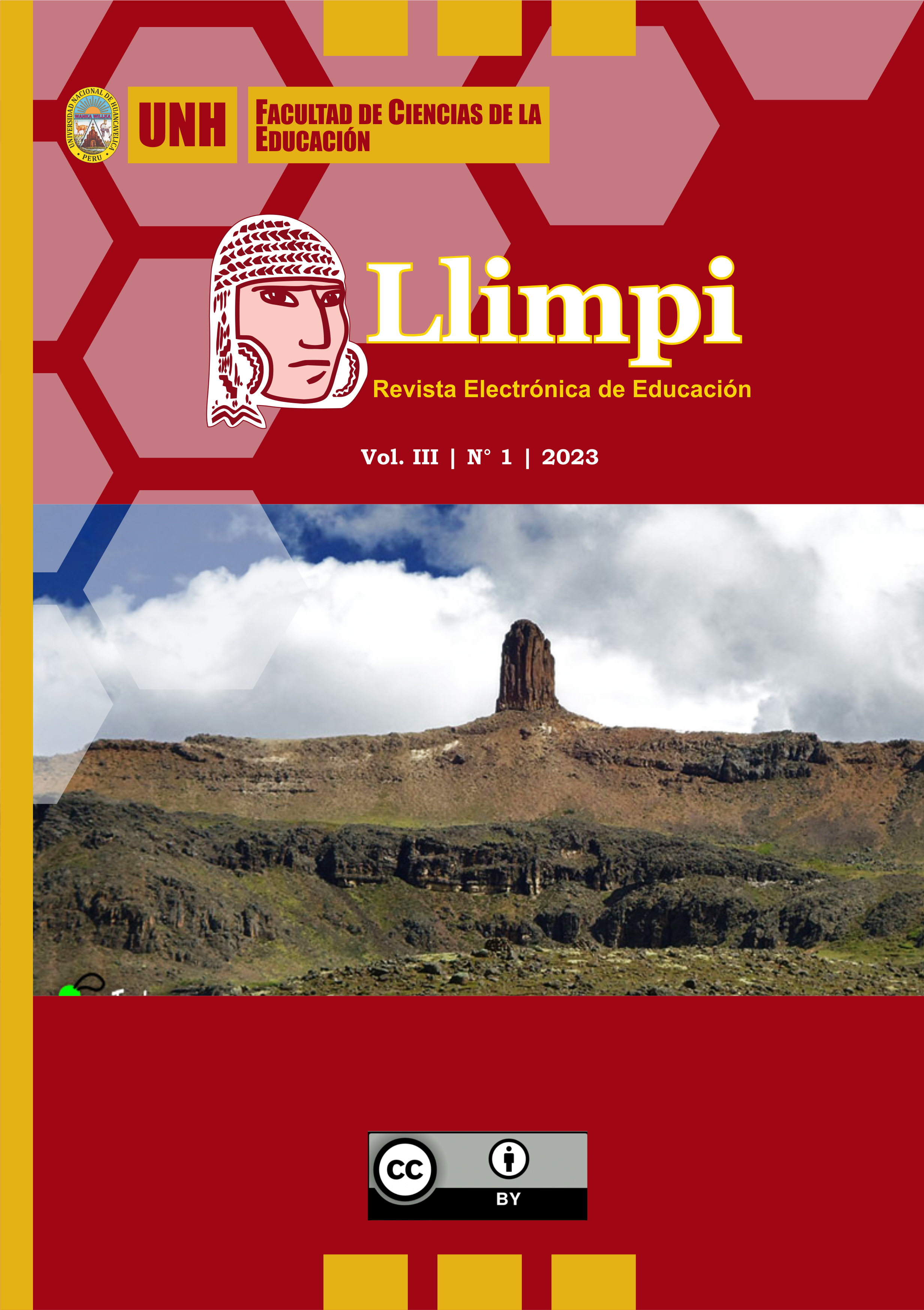Self-efficacy and Collaborative Learning in Students of the National University of Huancavelica of the year 2019
DOI:
https://doi.org/10.54943/lree.v3i1.240Keywords:
Self-efficacy and Collaborative learningAbstract
The main objective of this study is to establish the relationship between self-efficacy and collaborative learning in students from the National University of Huancavelica in 2019. It has a quantitative, substantive approach, with a descriptive correlational design and a hypothetical deductive method. The population and sample consisted of 46 students from the institution in question. The technique used was the survey, and the respective instruments were questionnaires for the variables. The statistical treatment of the fieldwork results was done with the non-parametric Spearman correlation test (rho). The results confirmed the general and specific hypotheses: There is a significant relationship between self-efficacy and collaborative learning, at the total level and by the dimensions: conception of group work, usefulness of group work for their education, planning of group work by the faculty, criteria for organizing groups, group norms, internal functioning of groups, and effectiveness of group work, in students from the National University of Huancavelica during the 2019 academic period.
Downloads
Published
How to Cite
-
Abstract526
-
PDF (Español (España))365
-
HTML (Español (España))73
Issue
Section
License
Copyright (c) 2023 Reymundo Riveros Quispe

This work is licensed under a Creative Commons Attribution 4.0 International License.
The authors assign their rights to Llimpi so that it may disseminate the article through the means available to it. The authors maintain the right to share, copy, distribute, perform and publicly communicate their article, or part of it, mentioning the original publication in the journal.






 DOI: 10.54943/lree.
DOI: 10.54943/lree. 















